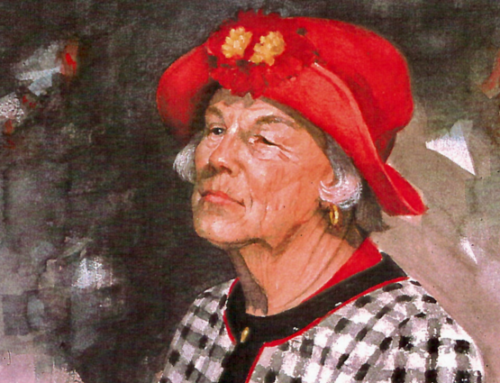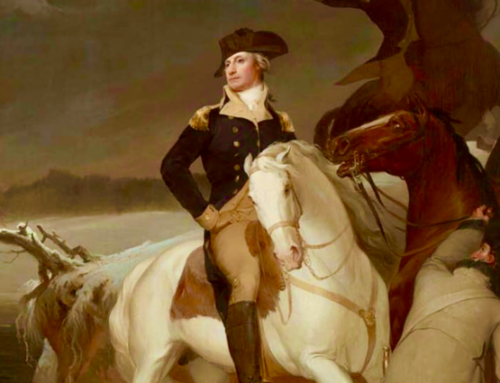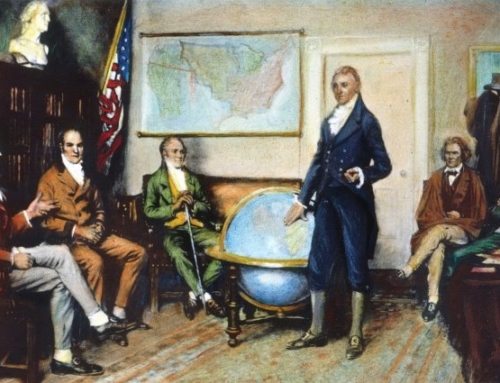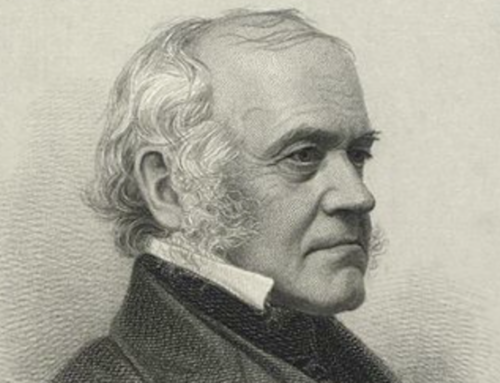History teaches that chosen leaders can unite and divide nations. Unfortunately, discussions on what true leadership must mean for America have been lacking.
 There is no dearth of leaders in America. Countless platoons representing special interests that range from wealth preservation to sexual orientation favor their own version of a leader. Much of the country has chosen Donald Trump to represent its interests by linking their personal hopes to vague but appealing notions of “American greatness.” The rest of the county remains undecided on its choice of president and is united only by a desperate desire to oust Donald Trump. The President’s bombastic public performances since 2016 have kept Americans on the edge of their seats mostly because they were a cause for embarrassment, or because they whipped up what some would say is a bigoted triumphalism among his supporters. However, Democratic presidential debates show a similar lack of intellectual sophistication. They have appeared more like circular firing squads rather than earnest attempts at identifying a suitable leader for this country. Unfortunately, discussions on what true leadership must mean for America have been lacking.
There is no dearth of leaders in America. Countless platoons representing special interests that range from wealth preservation to sexual orientation favor their own version of a leader. Much of the country has chosen Donald Trump to represent its interests by linking their personal hopes to vague but appealing notions of “American greatness.” The rest of the county remains undecided on its choice of president and is united only by a desperate desire to oust Donald Trump. The President’s bombastic public performances since 2016 have kept Americans on the edge of their seats mostly because they were a cause for embarrassment, or because they whipped up what some would say is a bigoted triumphalism among his supporters. However, Democratic presidential debates show a similar lack of intellectual sophistication. They have appeared more like circular firing squads rather than earnest attempts at identifying a suitable leader for this country. Unfortunately, discussions on what true leadership must mean for America have been lacking.
Many books list self-belief, a sense of destiny, determination, bravery, an understanding of psychology, and a talent to inspire as leadership characteristics. Yet Andrew Roberts in Leadership in War emphasizes that leadership is “completely morally neutral.” Lincoln and Churchill exhibited the same leadership traits as did Hitler and Stalin. It is, therefore, imperative to look at those being led and, most importantly, have chosen to surrender their fate to a particular leader’s control. Ultimately, the electorate provides the clue to possible types of leadership. According to Hannah Arendt, the German Jewish émigré, social “atomization” will galvanize “large numbers of neutral, politically indifferent people” who are attracted to “movements” rather than parties and political discussion. According to Arendt, a “mass of generally dissatisfied and desperate men” who share a “negative solidarity” will follow a “passionate inclination toward the most abstract notions as guides for life.” Arendt’s book Origins of Totalitarianism is worth re-reading during our own turbulent times, and any discussion on leadership must keep in mind that “the totalitarian leader is nothing more nor less than the functionary of the masses he leads.” Most importantly, given the political polarization in this country, it becomes the grave responsibility of political and intellectual elites to model public debate and present choices for a unifying leadership.
History teaches that chosen leaders can unite and divide nations. A danger to democracy is a leader who utilizes social division to gain and remain in power. Both the previous and the current US presidencies have exacerbated divisions by signaling to those outside of power that their views and feelings are irrelevant. It is concerning that such developments come close to Arendt’s description of the “superfluous” man who is deemed not only as outsider, but less than human. Barack Obama and Donald Trump are both charismatic leaders who created a veritable “movement.” Yet, while their respective constituencies believed and believe to be supporting the true leader of their country, half the country believes the opposite. The only possible outcome of such arrogance of power is a pendulum that swings back and forth into opposite extremes. Coupled with distrust in governmental institutions and an emotionally driven electorate, such developments spell disaster. It would be naïve to think otherwise.
Given America’s current political divisiveness, the intuitive choice for leadership would be a charismatic figure who secures the undeniable support of an enlivened majority. Such a candidate might be the unconventional choice, who emerges from outside of the political machine, or, to use Gautam Mukunda’s term in Indispensable, an “unfiltered leader.” However, such a choice might offer great impact but also represents a high-stakes gamble. Given how political trenches are drawn, such a leader might actually make things worse. After all, modern America often prioritizes feelings over thoughts and ideas. Preferable to such a scenario would be the choice of a “filtered leader,” someone with a high amount of relevant experience, who offers few surprises and values consensus more than pathos and revolutionary change.
Abraham Lincoln was an “unfiltered leader,” but the war he fought had to be won with arms, requiring momentous decisions and tremendous risk. In today’s cultural wars someone with patience and political experience might be best suited to steer this country through its present storm. We don’t need grand gestures, but words spoken with humility, echoing the sentiment of Lincoln’s second inaugural address: “With malice toward none, with charity for all.”
As a mother of five, I must often remind my five strong-willed children to “get with the program” (especially when there is mayhem in the back of the car). In a family that means charity, generosity, loyalty, and self-control. The duties of any citizen living in America, the most successful democracy of history, are not much different. Many a leader may be tempted to mesmerize a captive audience with a powerful combination of hope and hatred. What we need is a leader who appeals to the better angels of human nature, such as honor, duty, sacrifice, and solidarity.
The Imaginative Conservative applies the principle of appreciation to the discussion of culture and politics—we approach dialogue with magnanimity rather than with mere civility. Will you help us remain a refreshing oasis in the increasingly contentious arena of modern discourse? Please consider donating now.
The featured image is courtesy of Pixabay.







With respect to your diatribe on Trump: by his “vague, but appealing notions of American greatness,” his “lack of intellectual sophistication,” and his “arrogance of power,” do you include his belief in the sanctity of life from the womb to natural death? In your over-generalizations utilizing historical reference, you fail to connect our “better Angels” to the choice of a leader who is not morally neutral.
One could wish for a statesman but in the climate created by Democrats, who know not “honor, duty, sacrifice, and solidarity” unless it be their definition of those terms, how would such a statesman fare?
Solidarity for a Democrat means “get with our program or else,” to wit Senator Charles Schumer’s (D-N.Y.) threat to the Supreme Court Justices.